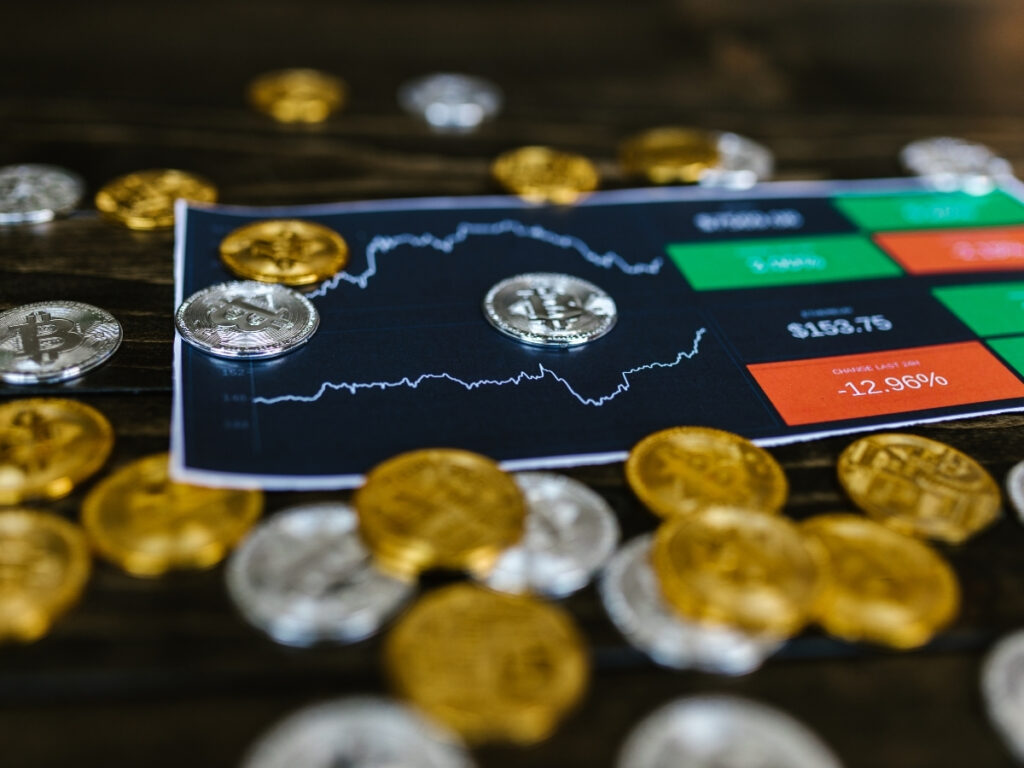Introduction
Cryptocurrency has swiftly transformed the global financial landscape by introducing decentralized, borderless, and permissionless transactions. With promises of financial freedom and digital empowerment, crypto has captivated millions. However, this technological leap has come with ethical, environmental, and practical concerns. Amidst these growing challenges, Sidra Chain, a decentralized blockchain network based on Islamic financial principles, introduces a paradigm of integrity, inclusivity, and accountability in the crypto world.
This article examines the advantages and disadvantages of cryptocurrency and explores how Sidra Chain is redefining blockchain through value-based innovation.
Cryptocurrency: Advantages and Potential
The popularity of cryptocurrency is largely due to its transformative benefits in various sectors:
1. Decentralization of Authority
Cryptocurrencies operate on peer-to-peer networks, eliminating reliance on centralized financial institutions. This empowers individuals and minimizes the risk of institutional manipulation or failure.
2. Global Financial Access
For billions of unbanked and underbanked individuals, crypto offers access to basic financial tools. With only an internet connection, users can save, invest, and transfer assets without needing a bank.
3. Lower Transaction Costs
Cryptocurrency transactions often bypass intermediaries, leading to significantly lower fees for domestic and international payments.
4. Transparency and Security
Blockchain records are immutable and publicly visible. Every transaction can be audited, making fraud more difficult and trust easier to establish.
5. Programmability and Smart Contracts
Smart contracts automate complex financial processes without third-party involvement. From real estate to supply chain management, their potential applications are vast.
Cryptocurrency: Risks and Drawbacks
Despite its disruptive potential, cryptocurrency also raises serious concerns:
1. Extreme Price Volatility
Crypto markets are highly unpredictable. Sudden price fluctuations pose risks for investors, businesses, and consumers alike.
2. Fraud and Scams
From pump-and-dump schemes to rug pulls, crypto remains vulnerable to various forms of fraud. Many projects lack transparency or legitimacy.
3. Lack of Ethical Boundaries
Many blockchain platforms host industries that conflict with moral and ethical standards—such as gambling, high-interest lending, and speculative trading.
4. Energy Consumption
Traditional cryptocurrencies like Bitcoin use energy-intensive proof-of-work systems. This contributes to environmental degradation and is not sustainable long-term.
5. Uncertain Legal Frameworks
The evolving nature of crypto regulation creates uncertainty for developers and users, particularly in regions where compliance laws are ambiguous or rapidly shifting.
Sidra Chain: Ethical Blockchain for a Responsible Future
Sidra Chain sets itself apart by integrating Islamic financial ethics into a technologically advanced blockchain system. Its mission is to build a trust-driven, decentralized infrastructure that benefits individuals and communities while adhering to principles of justice, transparency, and sustainability.
Though it is designed around Islamic ethics, Sidra Chain’s model offers universal value to anyone seeking responsible participation in blockchain technology.
Features That Define Sidra Chain
1. Shariah-Based Financial Ecosystem
Sidra Chain prohibits elements like riba (interest), gharar (excessive uncertainty), and unethical investments. It promotes fair trade, risk-sharing, and ethical value creation.
2. SDA Token Utility
SDA, the native token of Sidra Chain, powers the ecosystem while enabling users to engage in compliant financial activities, pay for services, and participate in governance.
3. Mobile-First Mining
Unlike traditional blockchain mining, Sidra Chain allows token mining through mobile devices—minimizing energy consumption and enabling broader access to users with limited resources.
4. Built-In Charity Infrastructure
Sidra Chain makes zakat, sadaqah, and waqf contributions traceable, automated, and transparent, allowing donors to see exactly how their funds are used.
5. Integration with Sidra Bank
Sidra Bank complements the chain by offering financial services like halal savings, profit-sharing accounts, and interest-free credit—rooted in transparency and moral fairness.
Use Cases Empowered by Sidra Chain
- Ethical Micro-Investing Platforms: Small investors can support compliant projects without dealing with interest or speculation.
- Transparent Donation Systems: Blockchain-backed donation systems that guarantee fund allocation to verified causes.
- Digital Identity Solutions: Secure, decentralized identity verification based on trust and compliance.
- Halal E-Commerce Infrastructure: Online stores and service platforms that exclusively engage in Shariah-approved trade.
Sidra Chain vs. Conventional Blockchain Networks
| Criteria | Traditional Blockchain | Sidra Chain |
|---|---|---|
| Interest and Speculation | Often included | Strictly excluded |
| Energy Usage | High (PoW mining) | Low (mobile-based mining) |
| Ethical Framework | Largely absent | Central to platform design |
| Charity Integration | Rare | Built into core functionality |
| Inclusivity | Based on access only | Based on access and ethics |
Addressing the Real Challenges
1. Limited Awareness
Sidra Chain is working to educate both crypto users and the broader public on how decentralized finance can coexist with ethical responsibility.
2. Adoption Barriers
The project is investing in ecosystem development to encourage more dApps and users to join its network—bridging the gap between theory and utility.
3. Technological Scaling
To serve a growing audience, Sidra Chain continues to improve its infrastructure to support faster transaction speeds and lower network costs.
4. Global Compliance
Sidra Chain is building strategic partnerships to ensure its operations align with international legal standards while staying rooted in its ethical vision.
Why Sidra Chain Is a Game Changer
In a world where profit often overrides principle, Sidra Chain introduces a refreshing model of ethical, decentralized finance. It doesn’t just address the limitations of current crypto ecosystems—it offers a solution that is spiritually, socially, and economically sound.
By merging blockchain innovation with moral accountability, Sidra Chain makes the case that technology must evolve not only in capability but in character.
Conclusion
The crypto revolution is far from over—but for it to thrive, it must evolve into a space that supports not just financial freedom but also ethical responsibility. Sidra Chain provides that missing link: a decentralized blockchain network that doesn’t compromise on values.
As blockchain continues to expand across industries and borders, Sidra Chain stands ready to lead with a model where innovation meets integrity. Whether you’re a developer, investor, or user seeking trust, clarity, and accountability—Sidra Chain offers a future where blockchain works for people, not just profit.

